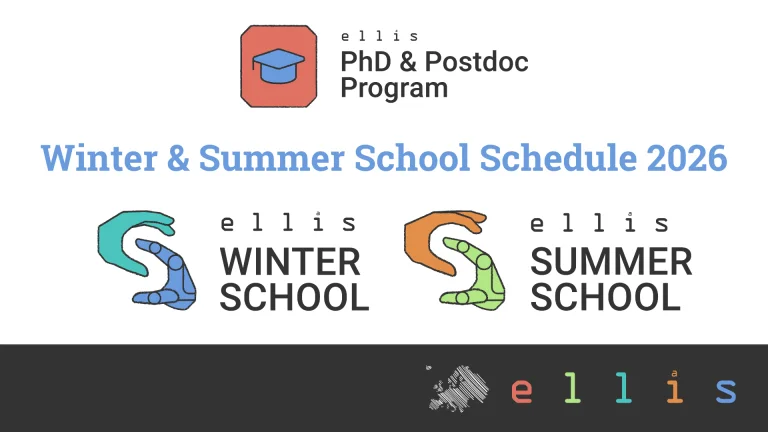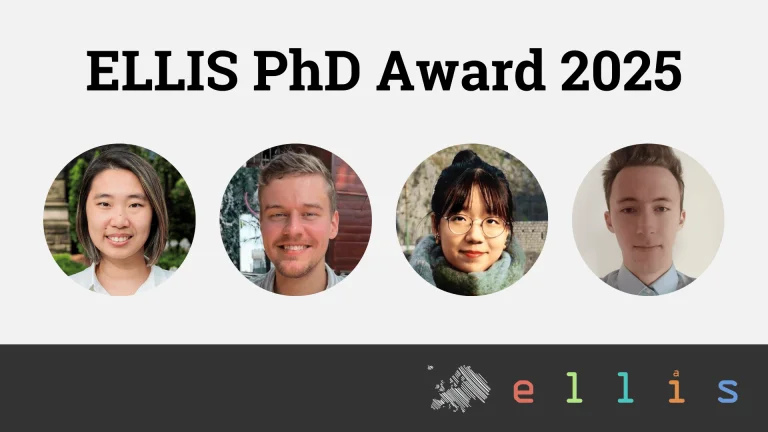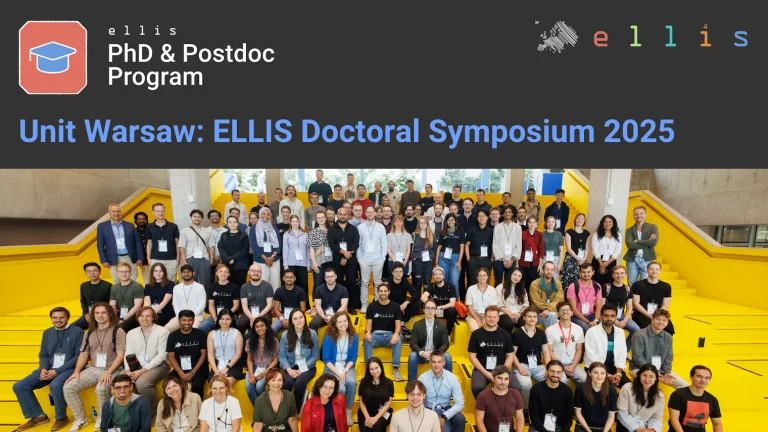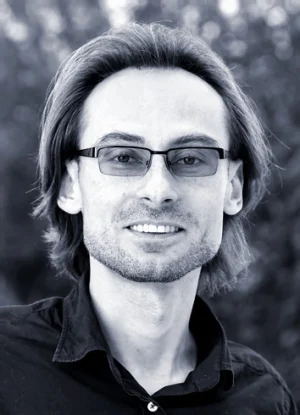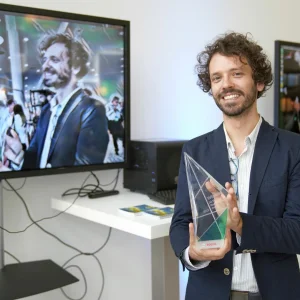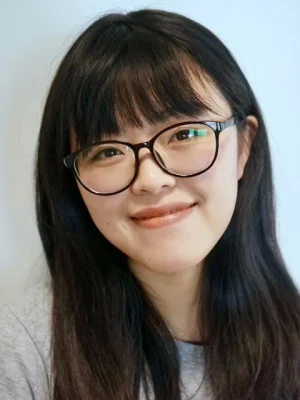


PhD & Postdoc Program
The ELLIS PhD & Postdoc Program pairs outstanding students with leading researchers across Europe in machine learning, AI and related fields, and offers international exchanges, joint supervision, and a vibrant research community.
Unique Features of the ELLIS PhD & Postdoc Program

Dual supervision spanning 2 European countries

Choose from 3 tracks of study

1 centralised application to 50-100 institutions

Cross-sector collaboration

6-month research exchange in Europe
"I joined the ELLIS PhD Program to be part of a vibrant European research network and connect with experts across diverse fields. It has already accelerated my work through opportunities like attending the FoMo Winter School in Amsterdam, a 6-month exchange in Lisbon, and presenting at the EDS in Warsaw. ELLIS not only helped me complete impactful projects but also opened the door to exciting new ideas and collaborations."
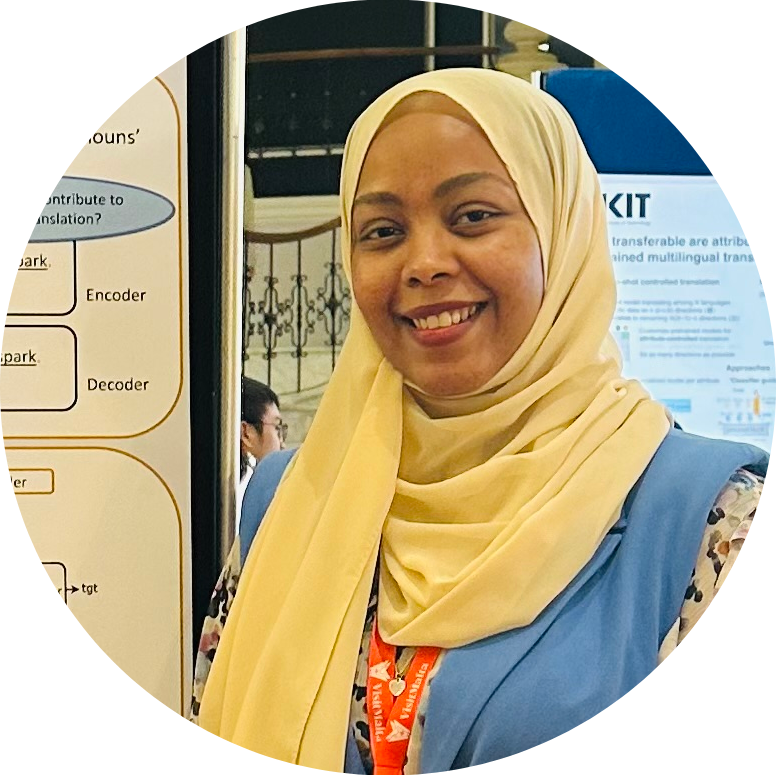
PhD Student, University of Amsterdam
Beyond the Thesis
Hear perspectives from ELLIS PhD alumni on the ELLIS PhD Program: its benefits and challenges, its impact on their careers, and their views on the future of AI research.
Latest News from the PhD Program
